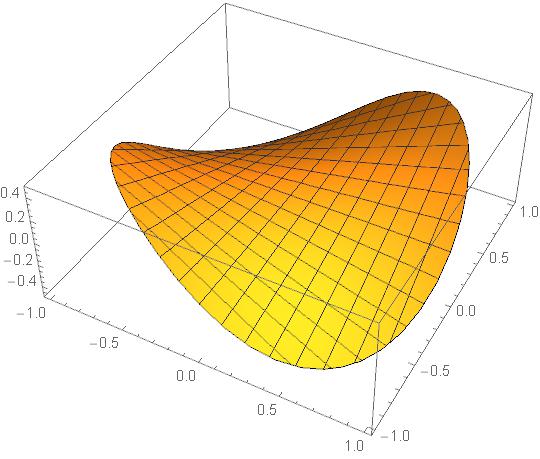I would like to understand, how to obtain gradients of the PDE solution obtained with NDSolve. To be precise let us consider a Laplace equation from one of the examples:
Clear[x, y, f]; Needs["NDSolve`FEM`"] emesh = ToElementMesh[Disk[]]; f = NDSolveValue[{\!\( \*SubsuperscriptBox[\(\[Del]\)Derivative[0, \({x2][u][x, y}\)y] + Derivative[2, \(2\)]\(u[x0][u][x, y]\)\)y] == 0, DirichletCondition[u[x, y] == Sin[x y], True]}, u, {x, y} \[Element]∈ emesh] This returns the interpolation function which one can plot and integrate:
NIntegrate[f[x, y], {x, y} \[Element]∈ emesh] (* 1.52794*10^-8 *) Plot3D[f[x, y], {x, y} \[Element]∈ emesh] 
This, however, does not work:
g[x_, y_] := D[f[x, y], x]; Plot3D[g[x, y], {x, y} \[Element]∈ emesh] Since
Integratedoes not work on this result, onlyNIntegratedoes, the problem is probably that one needs to apply a numeric derivative. What and how?
